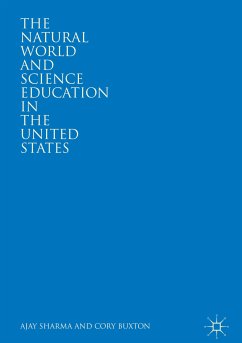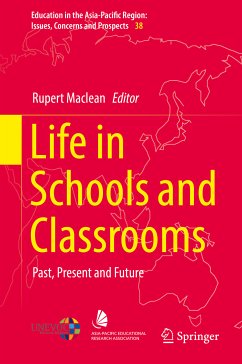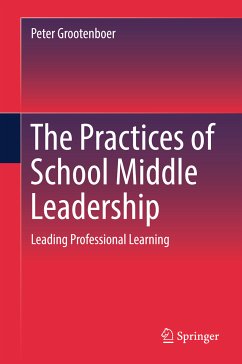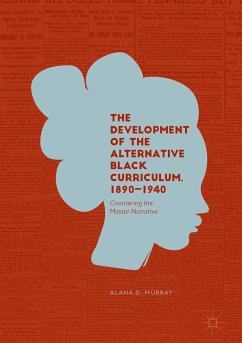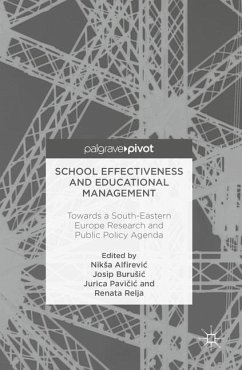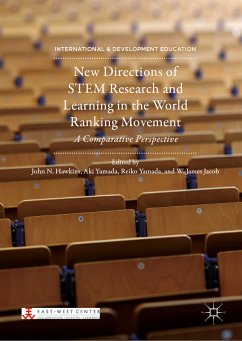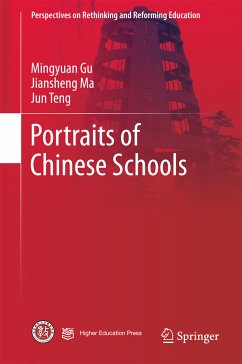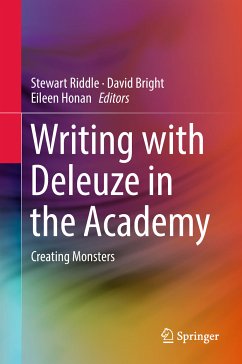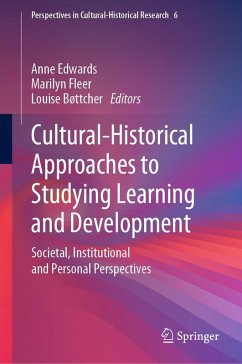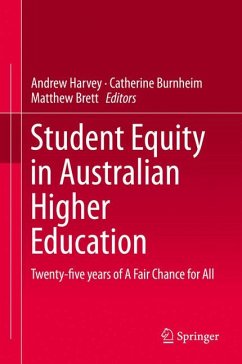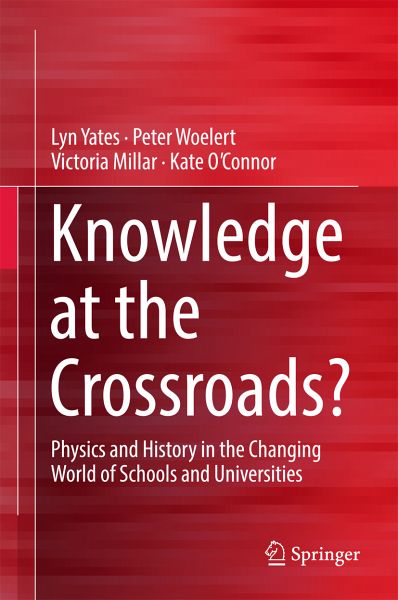
Knowledge at the Crossroads? (eBook, PDF)
Physics and History in the Changing World of Schools and Universities
Versandkostenfrei!
Sofort per Download lieferbar
72,95 €
inkl. MwSt.
Weitere Ausgaben:

PAYBACK Punkte
36 °P sammeln!
There is much discussion about what needs to change in education institutions in the 21st century, but less attention given to how core disciplinary studies should be considered within that context. This book is based on a major 4-year research study of history and physics in the changing environment of schools and universities in Australia. Are these forms of knowledge still valuable for students? Are they complementary to, or at odds with the concerns about '21st century skills', interdisciplinary and collaborative research teams, employability and 'learner-centred' education? How do those w...
There is much discussion about what needs to change in education institutions in the 21st century, but less attention given to how core disciplinary studies should be considered within that context. This book is based on a major 4-year research study of history and physics in the changing environment of schools and universities in Australia. Are these forms of knowledge still valuable for students? Are they complementary to, or at odds with the concerns about '21st century skills', interdisciplinary and collaborative research teams, employability and 'learner-centred' education? How do those who work in these fields see changes in their disciplines and in their work environment? And what are the similarities and differences between the experiences of teachers and academics in physics and those in history? The book draws on interviews with 115 school teachers and university academics to provide new perspectives on two important issues. Firstly, how, for the purposes of today's schools and universities, can we adequately understand knowledge and knowledge building over time? Secondly, what has been productive and what has been counter-productive in recent efforts to steer and manage the changes in Australia?
Dieser Download kann aus rechtlichen Gründen nur mit Rechnungsadresse in A, B, BG, CY, CZ, D, DK, EW, E, FIN, F, GR, HR, H, IRL, I, LT, L, LR, M, NL, PL, P, R, S, SLO, SK ausgeliefert werden.



